When we think of buying a home, the first thing that comes to mind for many is a detached, single-family home (complete with grassy yard and dog). But for many, especially those looking to buy in an urban area, a condo, a townhouse or an apartment could be a more likely scenario.
But what’s the difference between a condo and a townhouse, anyway? And what about housing co-ops, which are so common in New York, or TICs, which you will probably come across in San Francisco?
The type of home you choose can affect the types of changes you can (or cannot) make to your home, the number of rules and restrictions you must comply with, and the amount of money you’ll need to pay in monthly fees. Here’s how to keep these terms straight so you can understand the type of home you are considering buying without wading through heaps of legalese.
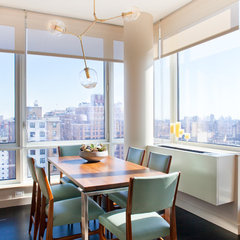
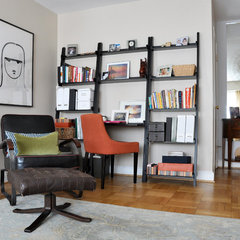
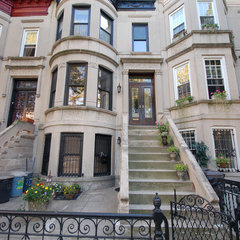
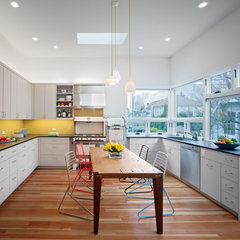

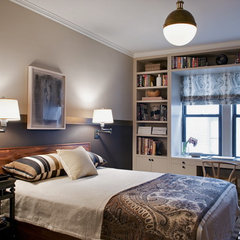
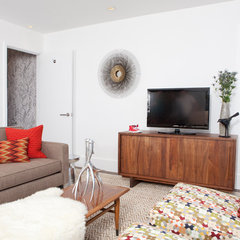
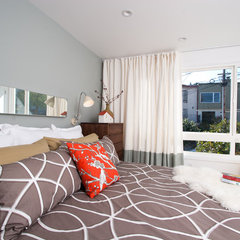

Comments (0)Subscribe to CommentsComment